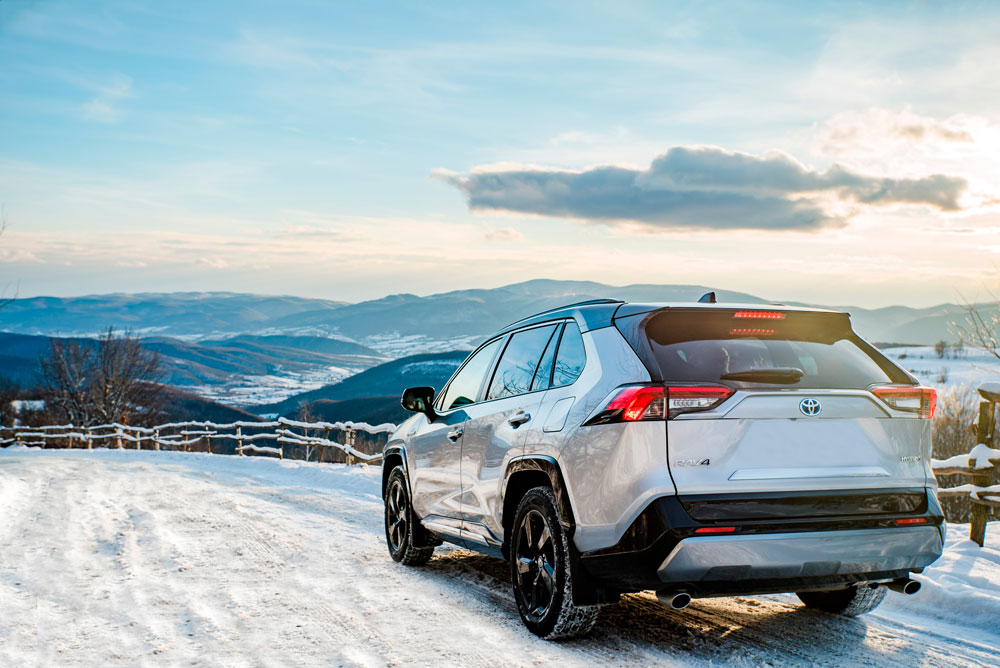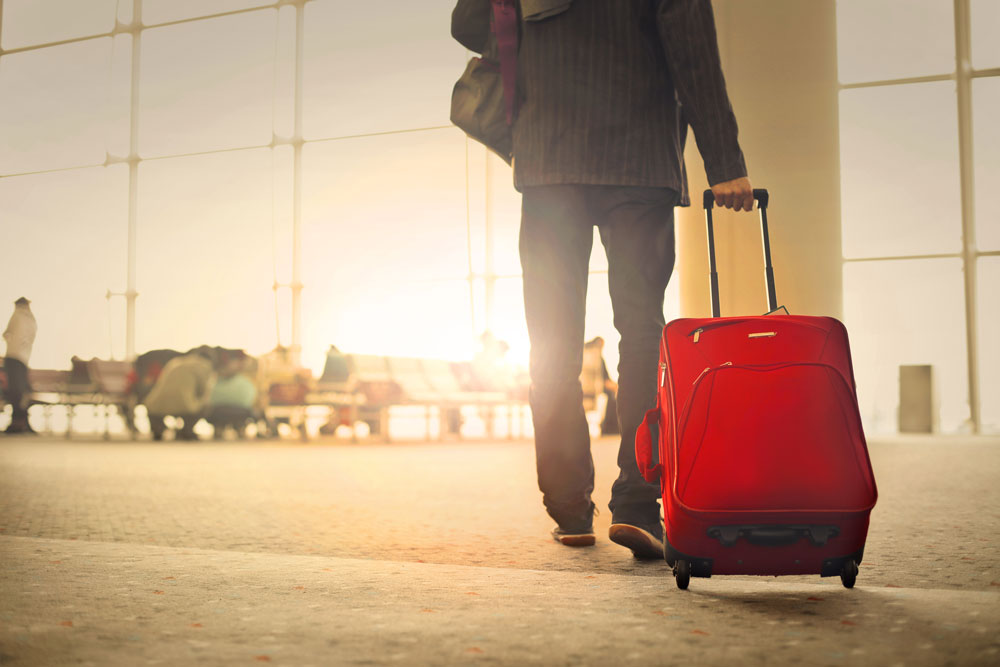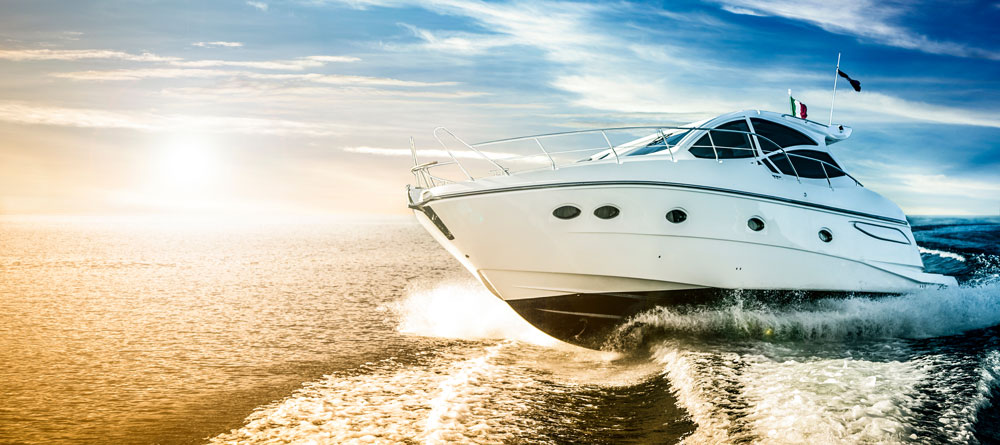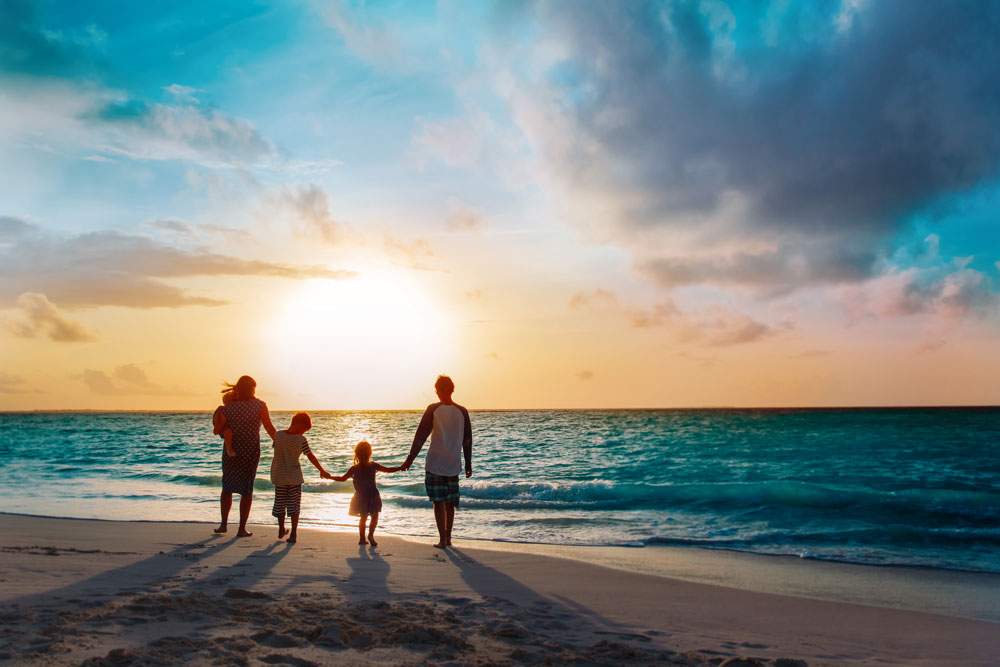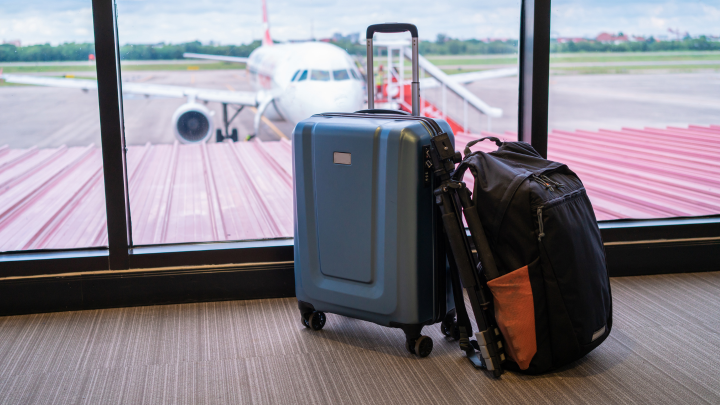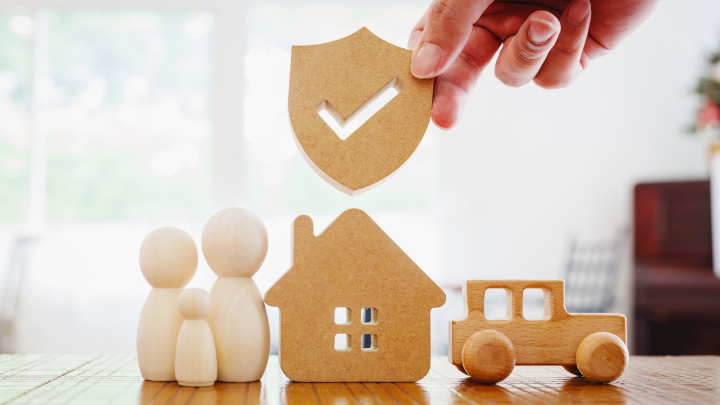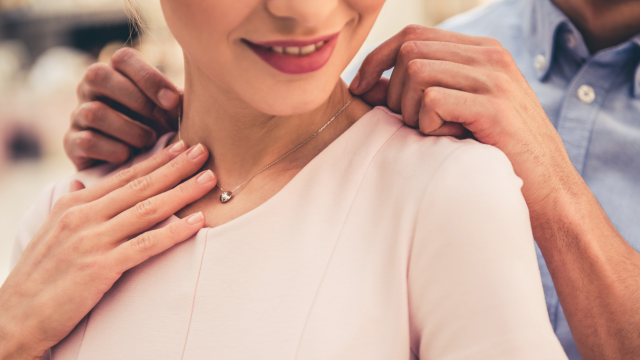Protecting your skin this summer
Ya, ya, we’ve all heard the best way to prevent a sunburn is to avoid sun exposure but, COME ON, how realistic is this advice?
Like a siren call, that magical ball in the sky screams for us to go outside and enjoy her sweet sunshiny rays. But my friends, as much fun as it is to be outside on a gorgeous day, it’s important to protect that precious skin of yours and your child’s, when out and about.
Most Canadians are unaware of exactly how much ultraviolet radiation their sunscreen is blocking. No sunscreen can offer full protection from the sun, so each bottle is labelled based on sun protection factor (SPF) strength. An SPF 15 sunscreen stops about 93 per cent of UVB rays from penetrating the skin. Surprisingly, an SPF 30 sunscreen only blocks about 4 per cent more UVB rays than the SPF 15. Many people mistakenly think the SPF 30 blocks twice as much, but this is not the case.
When choosing sunscreen, it’s important to note that certain ingredients that block UVB rays are not effective in blocking UVA rays. For this reason, it’s best to purchase a “broad spectrum” type sunscreen, which protects from both types of rays. UVA rays are more dangerous than UVB rays, as they more likely lead to skin cancer. Use lip balm or cream that has SPF of 15 or higher to protect your lips from getting sunburned or developing cold sores. Also, use a higher SPF at when you are near water, at higher elevations or in tropical climates. Sunscreen effectiveness is affected by the wind, humidity, and altitude. Finally, don’t forget to check the expiration date on the sunscreen bottle. If the bottle is expired or has been in your cabinet for longer than three years, throw it away.
It is best to stay out of the midday sun (from 10 in the morning to 4 in the afternoon), which is the strongest sunlight. Find shade if you need to be outdoors. You can also calculate how much ultraviolet (UV) exposure you are getting by using the shadow rule: A shadow that is longer than you are means UV exposure is low; a shadow that is shorter than you are means the UV exposure is high.
Other ways to protect yourself from the sun include wearing protective clothing, such as:
- Hats with wide 4 in. (10 cm) brims that cover your neck, ears, eyes, and scalp.
- Sunglasses with UV ray protection, to prevent eye damage that may lead to cataracts.
- Loose-fitting, tightly woven clothing that covers your arms and legs.
- Clothing made with sun protective fabric. These clothes have a special label that tells you how effective they are in protecting your skin from ultraviolet rays.
Preventing sun exposure in children
You should start protecting your child from the sun when he or she is a baby. Because children spend a lot of time outdoors playing, they get most of their lifetime sun exposure in their first 18 years.
It’s safest to keep babies younger than 6 months out of the sun. If you can’t keep your baby out of the sun, cover your child’s skin with hats and clothing. Protect any bare skin with a small amount of sunscreen that is sun protection factor (SPF) 15 or higher.
Teach children the ABC’s of how to protect their skin from getting sunburned.
- A = Away. Stay away from the sun in the middle of the day (from 10 in the morning to 4 in the afternoon).
- B = Block. Use a sunscreen with a sun protection factor (SPF) of 15 or higher to protect babies’ and children’s very sensitive skin.
- C = Cover up. Wear clothing that covers the skin, hats with wide brims, and sunglasses with UV protection. Even children 1 year old should wear sunglasses with UV protection.
Stay safe, healthy and happy!
POPULAR POSTS
-
 January 11, 2025Planning a Trip? Don’t Forget Travel Insurance
January 11, 2025Planning a Trip? Don’t Forget Travel Insurance -
 December 5, 2024How to Read and Understand Your Insurance Policy Like a Pro
December 5, 2024How to Read and Understand Your Insurance Policy Like a Pro -
 January 2, 2025New Year, New Coverage
January 2, 2025New Year, New Coverage -
 February 14, 2025Love & Protection: Why Your Valentine’s Day Gifts Need Insurance
February 14, 2025Love & Protection: Why Your Valentine’s Day Gifts Need Insurance

